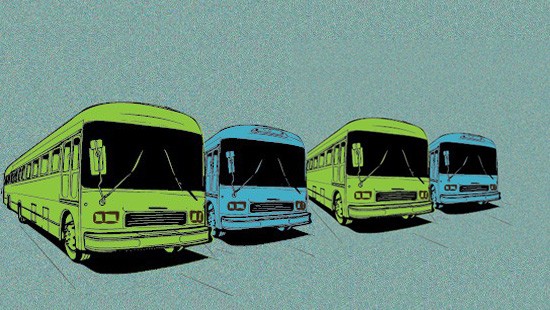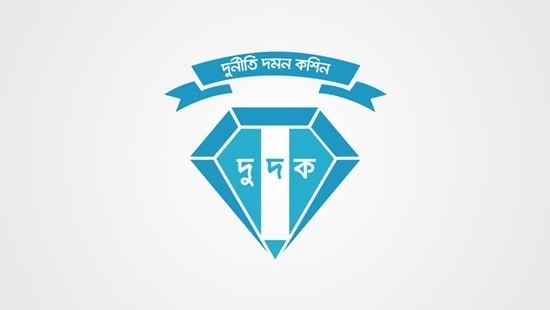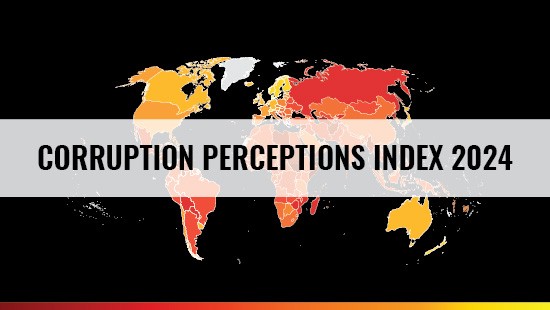Press Release
Dhaka, 21 November 2023: Transparency International Bangladesh (TIB) has raised concerns over the reported 52-56 per cent increase in the minimum wage for ready-made garment (RMG) workers, analysing that the actual rise is considerably lower.
In a letter addressed to the Chairman of the Minimum Wage Board, TIB has opined that considering factors like inflation, the previous wage structure, and appreciation of the dollar exchange rate, the real-term increase is less than 30 percent.
Urging a reassessment, TIB emphasised aligning the minimum wage with the International Labor Organization (ILO) standards, living conditions of the garment workers, and surge in commodity prices.
In the letter, TIB highlighted that according to the previous minimum wage structure, published on 8 October 2018, there are instructions to increase basic wages at a rate of 5.0 per cent annually. Consequently, the basic wages in the previous grade-seven or in the newly proposed grade-five in 2023 should be at least Tk 5,232.75. However, the proposed new basic pay in this grade is Tk 6,700. In essence, despite claims of a 63 per cent increase in basic pay in this grade, it has actually increased by 28.04 per cent. This discrepancy is also present across other grades.
Conversely, when factoring in inflation, a significantly lower rate of real increase in basic wages is revealed. Adjusted for inflation, the minimum basic wages for grade-five garment workers should be Tk 5,572.26, while the newly proposed basic wage is Tk 6,700. This implies that the claimed 63 per cent increase in basic wages is, in reality, a 20.24 per cent increase. Examining gross wages, a grade-five worker is expected to earn Tk 9,913.50 in 2023 after considering inflation. Although the total wage is said to have increased by 56 per cent to Tk 12,500 in this grade, the actual rate of increase in the total wage is only 26.09 per cent when inflation is taken into account. This pattern is consistent across other grades as well.
According to the international standards, basic wages are considered to be 60 per cent of the total wages, but according to the proposed wage structure of Bangladesh, it has been increased from 53 per cent to 56 per cent. As a result, even if there is an opportunity to increase the basic wages by 5.0 per cent per year, the workers would get relatively low wages in the future, which is the major weakness of this wage structure, TIB opined.
TIB Executive Director (ED) Dr. Iftekharuzzaman said, “As evident from various credible studies and analyses, the recently proposed minimum wage for garment workers falls significantly below a living wage. The determination of the minimum wage, according to the ILO standards, should consider the needs of the workers and their families, the nation's general wage structure, the cost of living, relevant changes, social security benefits, the standard of living of other related labour groups, and economic factors, including productivity and employment generation.”
“Unfortunately, TIB finds it unclear which considerations have influenced the new wage determination. It seems that the crucial aspects of the minimum standard of living, workers' needs, cost of living, and social security have not been adequately prioritised, especially during a period of high inflation,” he mentioned.
Expressing grief over the death of the four garment workers during the recent protest over wage increase, the TIB ED said, “Bangladesh, the world's second-largest exporter of garments, fails to provide garment workers with reasonable wages sufficient to meet their basic needs. What is even more deplorable is that Bangladesh pays the lowest wages compared to the competing countries in the RMG export market. Under the new structure, our workers will receive only USD 111 per month, further accentuating the shame of being the lowest-wage country.”
“In the face of this situation, the RMG owners are presenting weak arguments about the sector's capacity. Despite a 30 per cent increase in the dollar-to-taka exchange rate in the last 19 months (considering each dollar = Tk 112), they are reaping the profits from this increase for themselves. Given this reality, TIB strongly recommends a reconsideration of the workers’ expectations and demands in light of international standards and experiences.”
“TIB suggests engaging in discussions with all stakeholders involved in the wage structure to establish standard wages that enhance the living standards of the workers. We believe that the Minimum Wage Board will give serious consideration to TIB's observations and recommendations,” Dr. Zaman added.
Media contact:
Sheikh Manjur-E-Alam
Director, Outreach and Communication
Phone: +88024102126770
Email: manjur@ti-bangladesh.org







